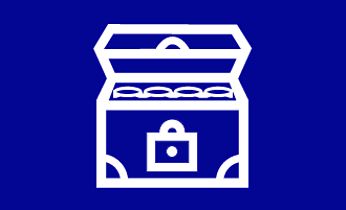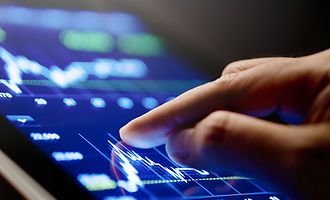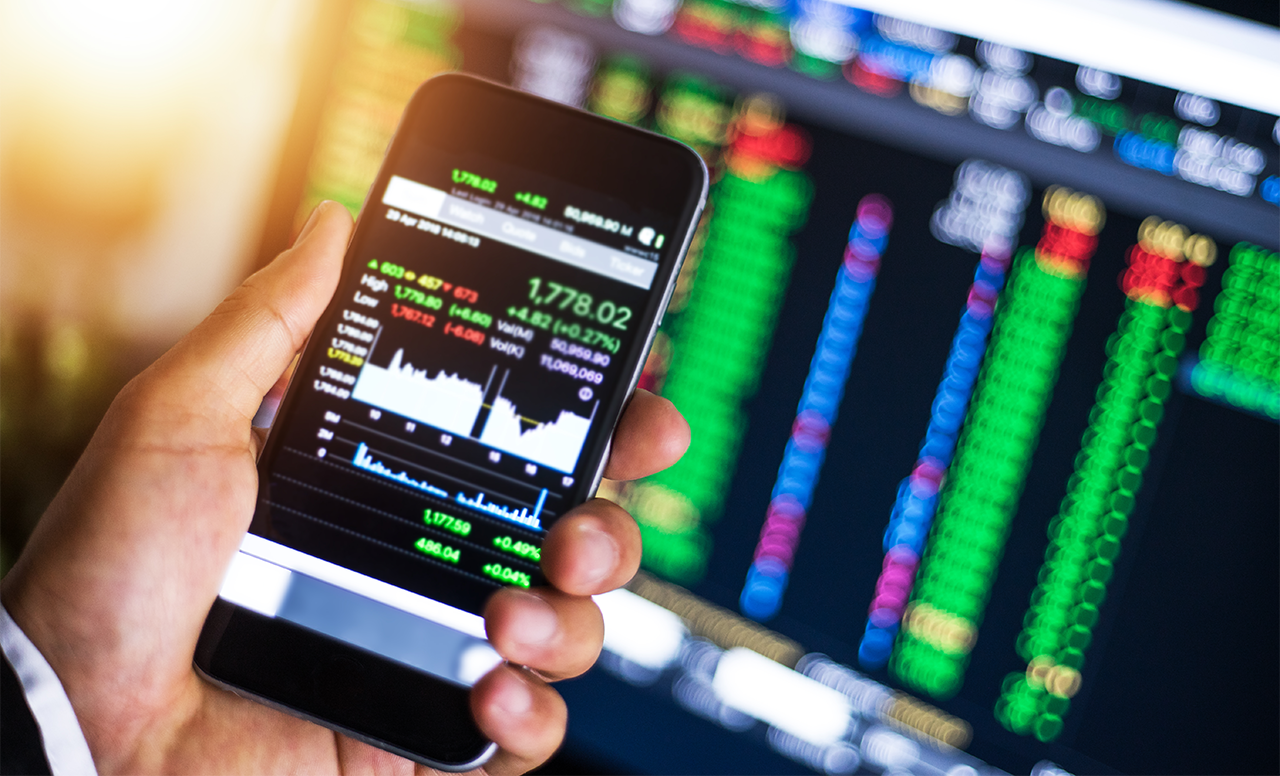Service Navigation
How we keep assets safe: from physical to digital custody
10 Nov 2020
How we keep assets safe: from physical to digital custody
200 years of stock trading in Frankfurt: it all began with shares in the Austrian National Bank. Since then, countless companies have financed themselves via the stock exchange, and countless more investors have participated in this market. With our series "Evolution of exchange trading", we look back on the origins and milestones of exchange trading from various perspectives.
Asset owners throughout history have always had an interest in keeping their assets safe and the ways have always matched the available means, for example buried treasure.
While it may have worked for gold coins hundreds of years ago, today’s ways have to match today’s requirements and keeping assets safe is as much of a priority as keeping them as liquid as possible. You need to be confident that your assets are protected, for example from thieves, while also being sure that they are available quickly and easily when you need them most!
Did you know that Clearstream is celebrating its 50th anniversary in 2020? Find out more about when and why we welcomed them to Deutsche Börse Group here.








